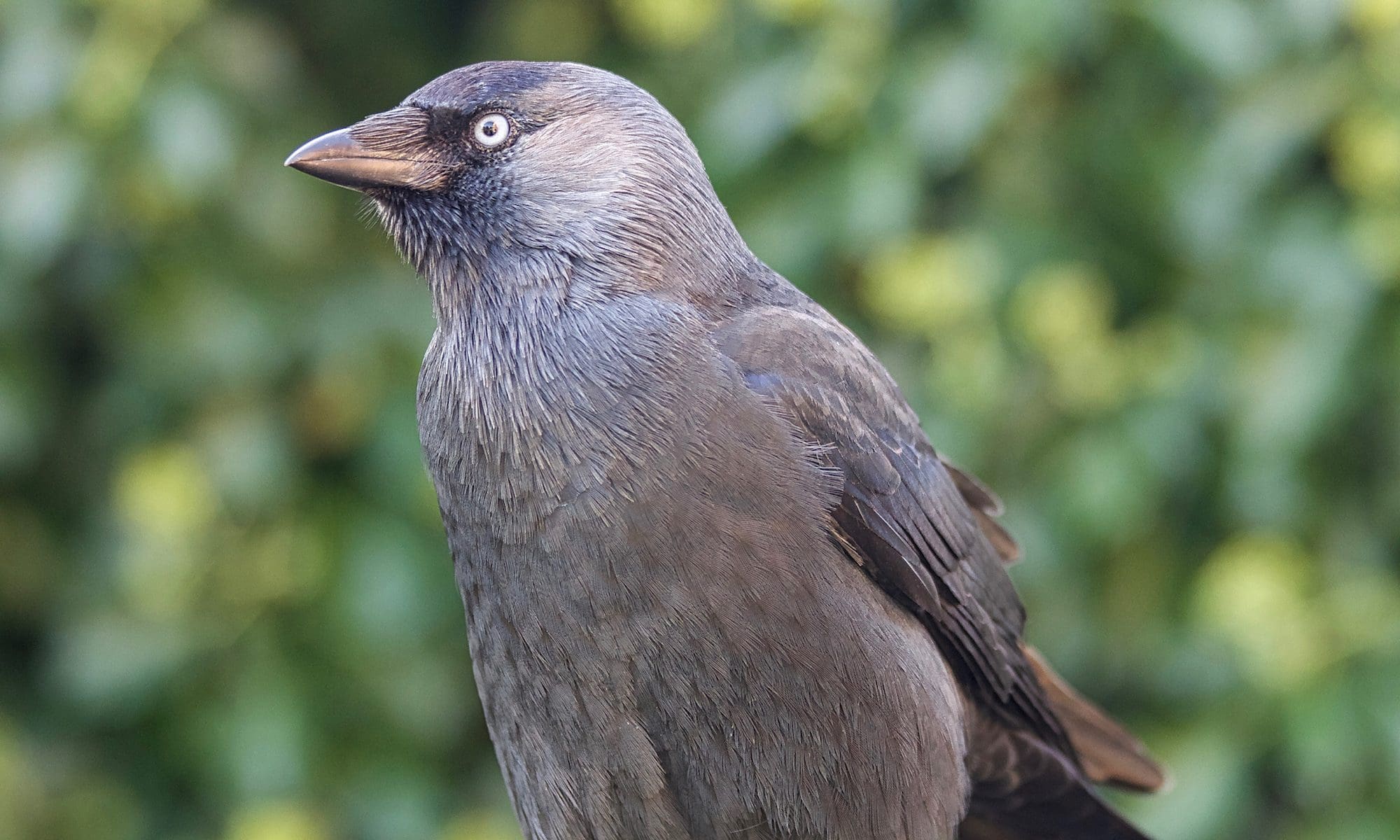Over the years we have been contacted repeatedly by rescuers and lay people, who were caring for corvids such as magpies, jackdaws and crows, and who observed that their foster birds showed difficulties with flying despite appearing otherwise fit and healthy. Some of these birds demonstrated abnormal flight feathers and showed an unusual or even abnormal behaviour not normally expected in wild birds. A closer assessment of the plumage showed quite quickly that these birds had been wing clipped.
What is feather or wing clipping, and why is this being done?








